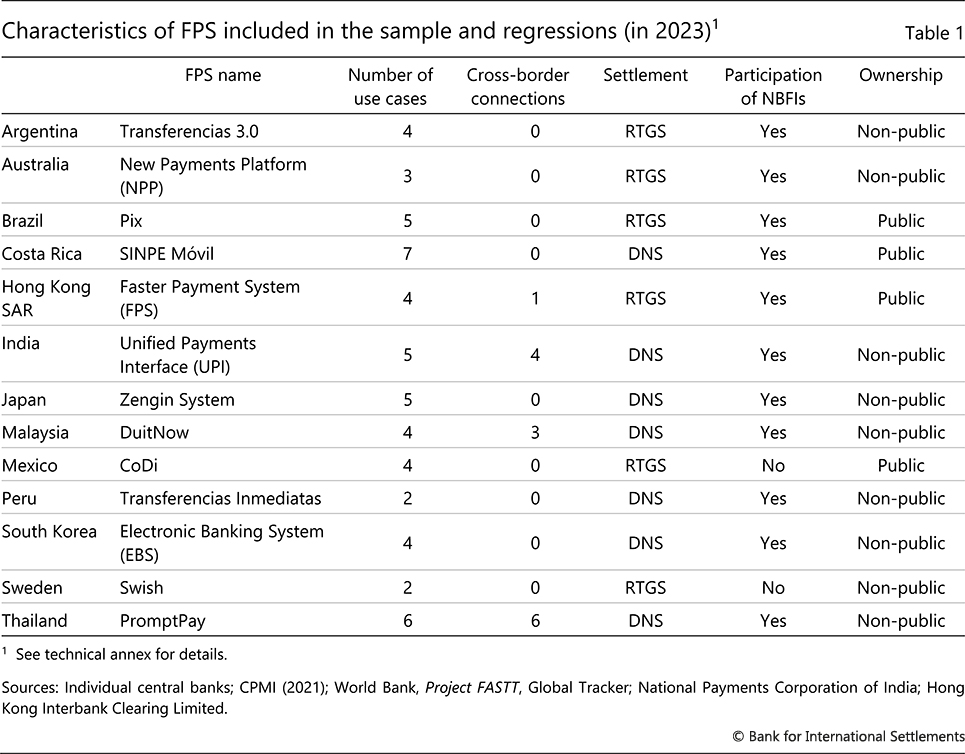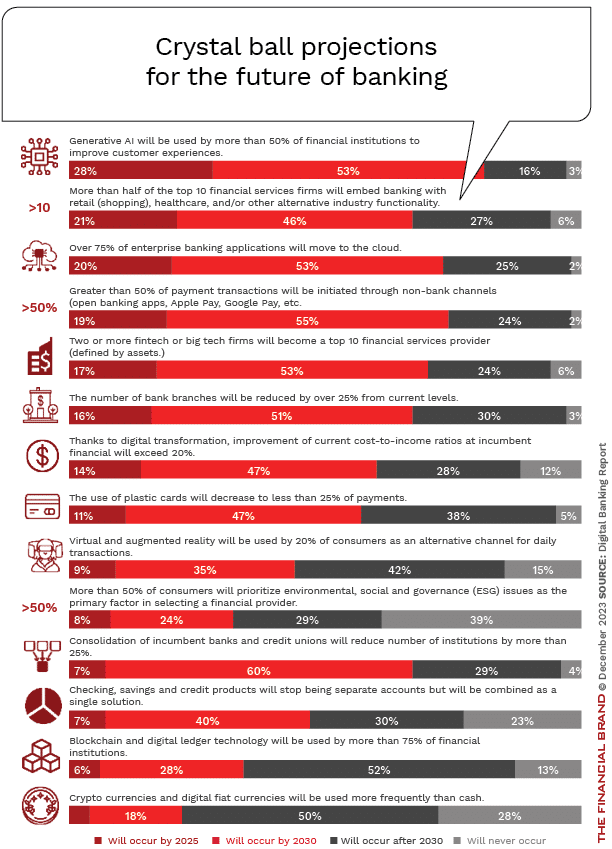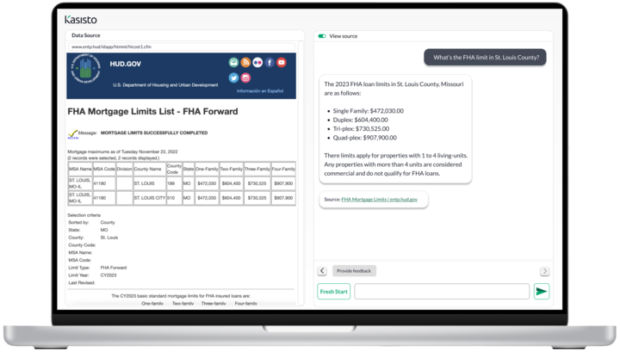Beyond the Hype: 4 Surprising Truths About the Stablecoin Revolution

By Stanley Epstein - Introduction: The Promise of Stability The financial world is buzzing with talk of stablecoins. It’s no longer a niche topic; major players like Citi, Visa, Stripe, and a growing number of large US banks are actively building platforms and exploring issuing their own. This isn't just experimental—the scale of the ambition is immense. Citi's CEO, Jane Fraser, recently forecasted that stablecoin issuance could surge to an astonishing $3.7 trillion by the end of the decade. At its core, the promise of a stablecoin is simple: to create a cryptocurrency with a stable price by pegging it to a real-world asset, most commonly the US dollar. This is meant to offer the benefits of digital currency—speed, accessibility, and transparency—without the wild price swings associated with assets like bitcoin. But beneath this straightforward promise lies a far more complex and surprising reality with profound consequences for the global financial system. The rapid growth of...








.jpg)






